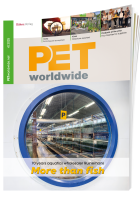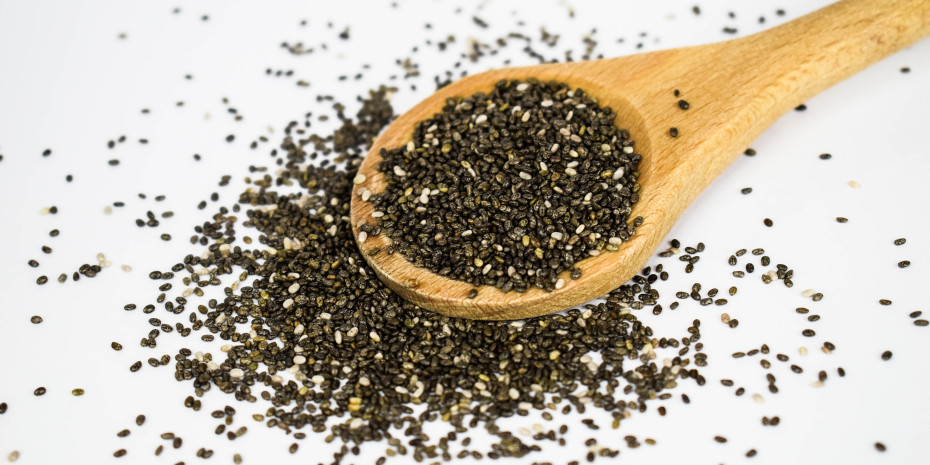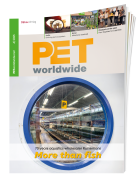The category of alternative protein sources includes plant sources (legumes, cereals or oilseeds), animal sources (insects or cell cultures) and other protein sources (micro and macro algae, fungi, bacteria and yeasts). This has long been known: The processing and consumption of alternative proteins not only helps to reduce the ecological footprint, but also promotes health. These proteins are often less contaminated with saturated fats and cholesterol and at the same time provide important nutrients. In addition, production supports the conservation of natural resources and the reduction of greenhouse gas emissions.
Fundamentals
“By alternative proteins, we mean proteins outside of conventional livestock sources and with less ecological impact,” describes Interquell Managing Director Georg Müller. However, products with alternative protein sources are also playing an increasingly important role in Dr. Clauder’s overall range: the company offers a variety of products based on alternative protein sources such as cultured protein or plant protein. CEO Malte Hübers emphasises: “The products contribute to the conservation of natural resources and at the same time offer a high-quality protein supply.” Products with alternative protein sources are also important at Mera Tiernahrung, as they offer a sustainable alternative to conventional proteins. Vegetable proteins are mainly used in vegan recipes with oats, millet and fava beans. “The selected plant-based ingredients are largely regional – Mera deliberately avoids using exotic ingredients,” emphasises a company spokesperson.

Acceptance and alternatives
There was a great deal of hype about alternative proteins worldwide, particularly during the coronavirus pandemic. It was reported that the supply chains for standard proteins were not functioning properly and their prices rose sharply. Although prices later fell again somewhat, most alternative proteins have remained expensive. “This price difference and the reluctance of many consumers to feed carnivores such as dogs and cats with novel and unfamiliar types of protein leads to a certain reluctance to buy such products,” explains Georg Müller, for example. However, industry experts see a high level of acceptance among specialist retailers to test and list the products. “A high level of advisory expertise is crucial for…

 Menü
Menü








 5/2024
5/2024












 Newsletter
Newsletter